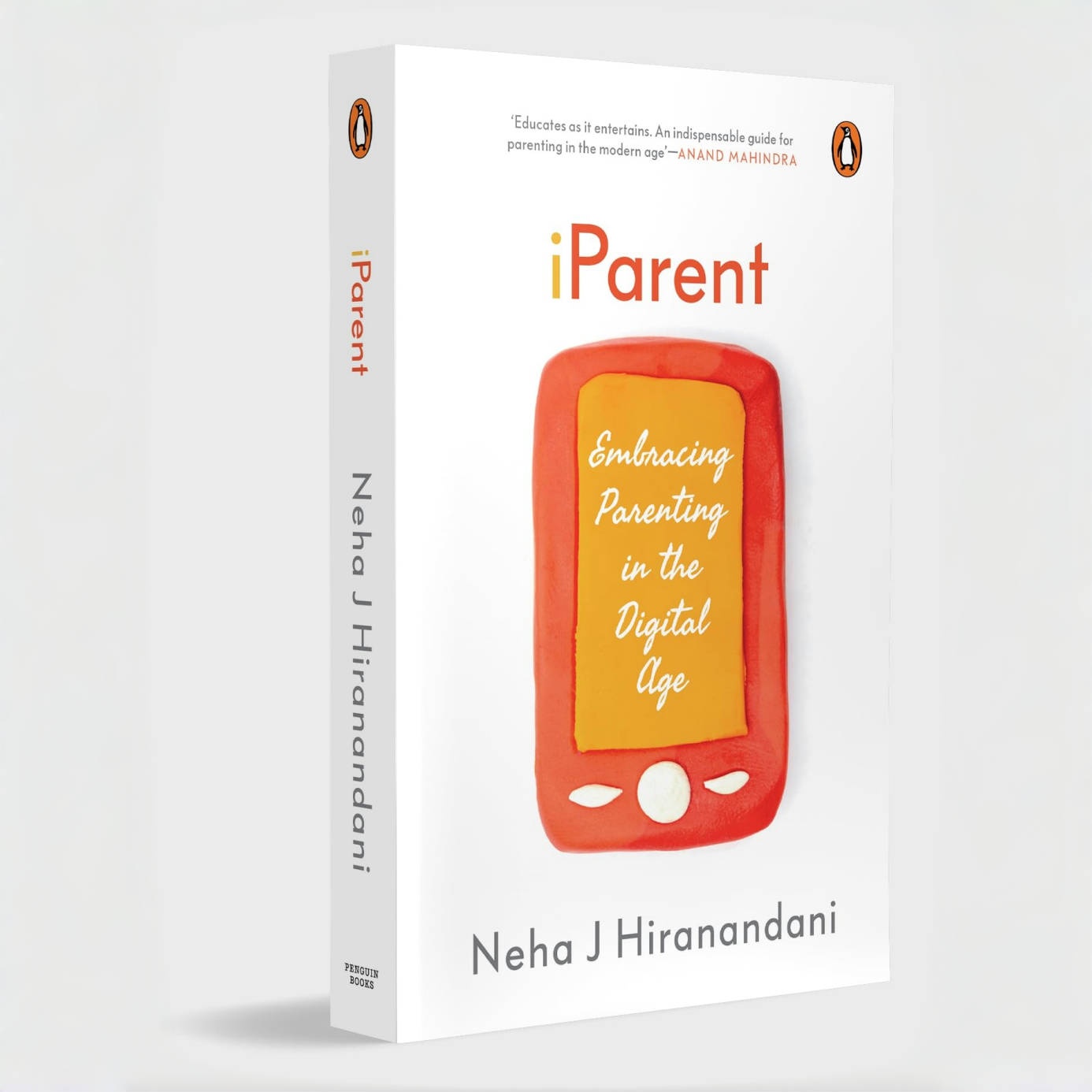Introduction
Parental burnout is the point at which the physical, emotional, and mental batteries that power everyday caregiving run dangerously low. It is the cumulative effect of sleepless nights, constant decision-making, and the invisible labor of nurturing young lives. Feeling overwhelmed or detached does not mean you are a bad parent; it simply signals that the stress you carry has exceeded your current capacity to recharge. This article unpacks the warning signs of burnout and offers practical, research-backed strategies—both quick wins and deeper lifestyle shifts—to help you restore balance and rediscover joy in parenting.
Recognizing the Signs of Burnout
Burnout rarely appears overnight; it creeps in like a phone battery that drains faster each day until it dies unexpectedly. Spotting early indicators allows you to intervene before depletion becomes a crisis.
Emotional Indicators
- Irritability and Short Fuse – Snapping at kids or partners over minor annoyances.
- Overwhelm – Feeling that even simple tasks are “too much.”
- Guilt or Shame – Criticizing yourself for not meeting self-imposed standards.
- Emotional Numbing – Going through the motions without real engagement.
Physical Red Flags
- Chronic Fatigue – Waking up tired despite a full night’s sleep.
- Sleep Disruptions – Insomnia or restless, shallow sleep.
- Tension Headaches or Body Aches – Muscles stuck in “fight-or-flight” mode.
Behavioral Clues
- Withdrawal – Avoiding family activities you once enjoyed.
- Loss of Patience – Yelling more frequently or imposing harsher discipline.
- Escalating Conflict – Increase in arguments with partners or co-parents.
Recognizing these patterns is an act of self-compassion, not self-criticism. The sooner you acknowledge them, the sooner you can begin to heal.

Prioritize Self-Care Without Guilt
Self-care is not a spa day reserved for “someday”; it is daily maintenance that keeps the parenting engine running smoothly. Reframe it as essential upkeep, like charging your phone or servicing your car.
- Micro-Moments of Calm
- Two-minute breathing exercises during nap time.
- Five uninterrupted minutes with a favorite playlist while folding laundry.
- Schedule Non-Negotiables
- Block a 30-minute evening walk on your calendar. Treat it like a pediatric appointment you would never cancel.
- Swap childcare with a trusted friend once a week so each of you gets solo time.
- Partner and Village Involvement
- Share a visible “parenting dashboard” (whiteboard or app) listing everyone’s tasks. Partners can pick up slack without needing prompts.
- Invite grandparents or friends to handle bedtime once a week; consistency trains kids while gifting you a breather.
Removing guilt starts with language. Replace “I’m abandoning my kids to exercise” with “I’m modeling healthy habits and returning re-energized.”

Streamline Daily Routines and Expectations
A bloated to-do list is a common accelerant of burnout. Simplifying home systems frees mental bandwidth and lowers stress.
Declutter Commitments
Audit every recurring obligation—from elaborate weeknight meals to weekend lesson schedules—against two criteria: Does it nourish our family? Does it align with our priorities? Anything scoring low can be paused or eliminated.
Efficiency Over Perfection
- Meal Hacks – Rotate five reliable dinners, batch-cook grains, and use theme nights (e.g., “Taco Tuesday”) to cut decision fatigue.
- Laundry Rotation – Assign each family member a color-coded basket and a specific wash day.
Teach Shared Responsibility
Children as young as three can return toys to bins; older kids can prep snacks or fold laundry. Framing chores as “family teamwork” nurtures independence and lifts weight from your shoulders.
Remember: a home that functions like a cooperative classroom is healthier than one polished for social-media perfection.

Build a Strong Support Network
Humans evolved to raise children in tribes, not in isolated nuclear households. Community buffers stress and normalizes challenges.
- Ask for Help Early
- Draft a “help list” of tasks (school pickup, grocery run, babysitting) and share it with willing friends or relatives. Many hesitate to offer because they don’t know what you need.
- Peer-to-Peer Support
- Join local parent meetups or virtual groups where struggles and solutions are exchanged openly. Knowing others face the same tantrums or teenage eye-rolls reduces loneliness.
- Professional Resources
- Therapists, parenting coaches, or support hotlines provide objective guidance.
- Community centers often host free workshops or drop-in playgroups where adults connect.
- Set Boundaries
- Limit exposure to critics who question your choices. One clear phrase—“That doesn’t work for our family right now”—can end unwanted advice.
A robust network functions like multiple safety nets. Even if one strand breaks, others keep you from falling.
Practice Mindfulness and Emotional Reset Techniques
Mindfulness trains the brain to respond rather than react, shrinking stress cycles.
Grounding on the Go
- Box Breathing – Inhale four counts, hold four, exhale four, hold four. Repeat three times while kids buckle seatbelts.
- 5-4-3-2-1 Scan – Name five things you see, four you can touch, three you hear, two you smell, one you taste to anchor yourself in the present.
Daily Gratitude Ritual
Share “one good thing” at dinner. This simple habit rewires brains—yours and your children’s—to search for positives, counterbalancing the day’s friction points.
Mental Reset Breaks
Set phone alarms every three hours labeled “Breathe + Stretch.” Even a 60-second pause lowers cortisol and boosts patience.
Co-Regulation With Kids
Model deep breaths when a toddler tantrums; invite teens to join a five-minute guided meditation. Teaching emotional regulation is contagious and mutually healing.

Conclusion
Parental burnout is a real yet reversible state, not a fixed verdict on your capabilities. By naming the symptoms, carving out guilt-free self-care, trimming perfectionist expectations, leaning on a supportive village, and weaving mindfulness into daily rhythms, you begin a sustainable recovery journey. Consistency—not grand gestures—paves the path back to balanced, joyful parenting. Remember: nurturing yourself is the first step toward nurturing those who rely on you most.






